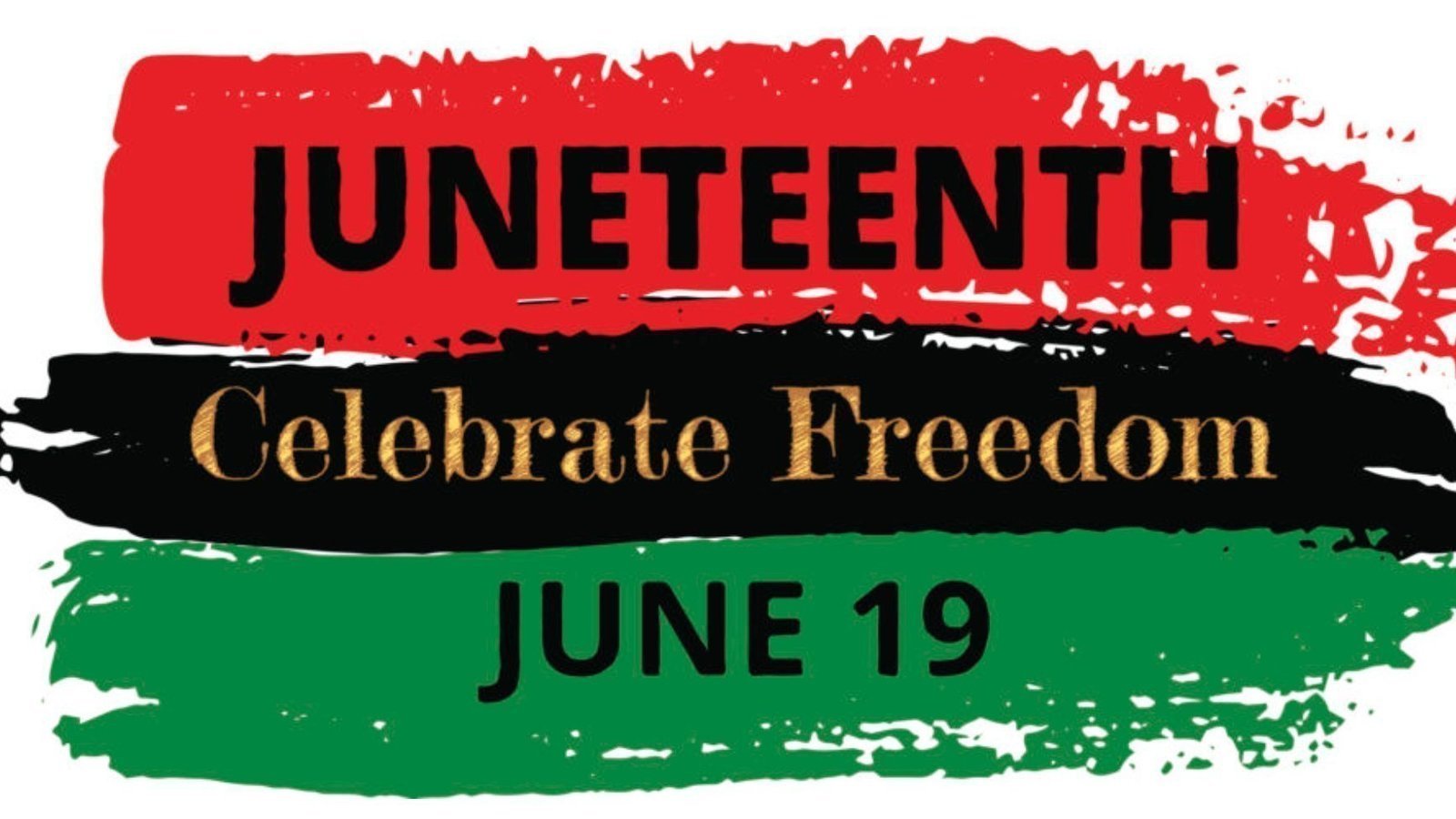San Antonio attempts to end generational poverty
A confluence of national politics, grief and outrage following the murders of Black Americans by police has brought the holiday of Juneteenth — celebrated annually on June 19 — to new prominence across the country. Juneteenth is tied to the story of enslaved Black people in Galveston, Texas, learning that they had been emancipated, close to two and a half years after the Emancipation Proclamation had formally been put into place. So, it commemorates the end of racial chattel slavery across the United States — but it is also tied to that particular event, where you have people who were still living in bondage, even as the Emancipation Proclamation had technically emancipated them some two and a half years prior. The symbolism of the delay continues to do important work. In fact, there were some enslaved black people who continued to be forced to work for their masters — illegally — in some cases, even six years later.
Juneteenth is not the first commemorative event of its kind for Black American people. It is actually preceded by a number of different “Freedom Day” celebrations that Black people observed, in their own political and cultural life. One of the first was the celebration of Haiti becoming the first Black republic in the Americas on January 1, 1804, after the Haitian Revolution. But one of the earliest freedom celebrations connected to slavery in United States began after the ending of the transatlantic slave trade on January 1, 1808. This was a turning point in Black American history for a number of reasons. It did not mean the end of slavery in America, and some Americans continued to participate in illegal international trading of enslaved Black people after 1808. But this is to say — the first Freedom celebrations did a similar kind of work that Juneteenth would do after the Civil War: They commemorated the suffering and deliverance of Black people. It was not only about them being enslaved, but also a protracted struggle to make freedom a real thing.
The narrative of Tulsa, Oklahoma, which is a narrative that has been placed at the center of the national conversation right now, is another example of the kind of backlash that Black people experience when they try to exert themselves as equal citizens — when they try to do the things that they are supposed to be able to do as free, full-fledged American citizens — watch birds, have a barbecue, vote, go for a run, have access to quality education, apply for a loan to purchase a home, have a doctor believe you when you tell them you’re in pain.
The fact that people at a national level looking to Juneteenth and celebrating and commemorating it is a good thing, because it can open up conversation and create platforms and opportunities for people to have more pointed discussions around these histories. But absent any real structural changes that have to do with trying to change the political and economic conditions of Black people in the world, in the United States, it only means so much. It is merely another symbolic victory, which is important, but does not do much to address the accumulated suffering and debts owed to black people as a result of slavery and generations of racial violence in this country.
The Biden Administration is trying to restore hope to those who look to the federal government for leadership. The American Rescue Plan Act of 2021 can be the “New Deal” of the 21st Century. In San Antonio, the SA Ready to Work and Alamo PROMISE provide the hope to those who have been forgotten. These initiatives have the potential to end generational poverty. If you really want Juneteenth to have meaning, explore the opportunities that these initiatives have to offer.





